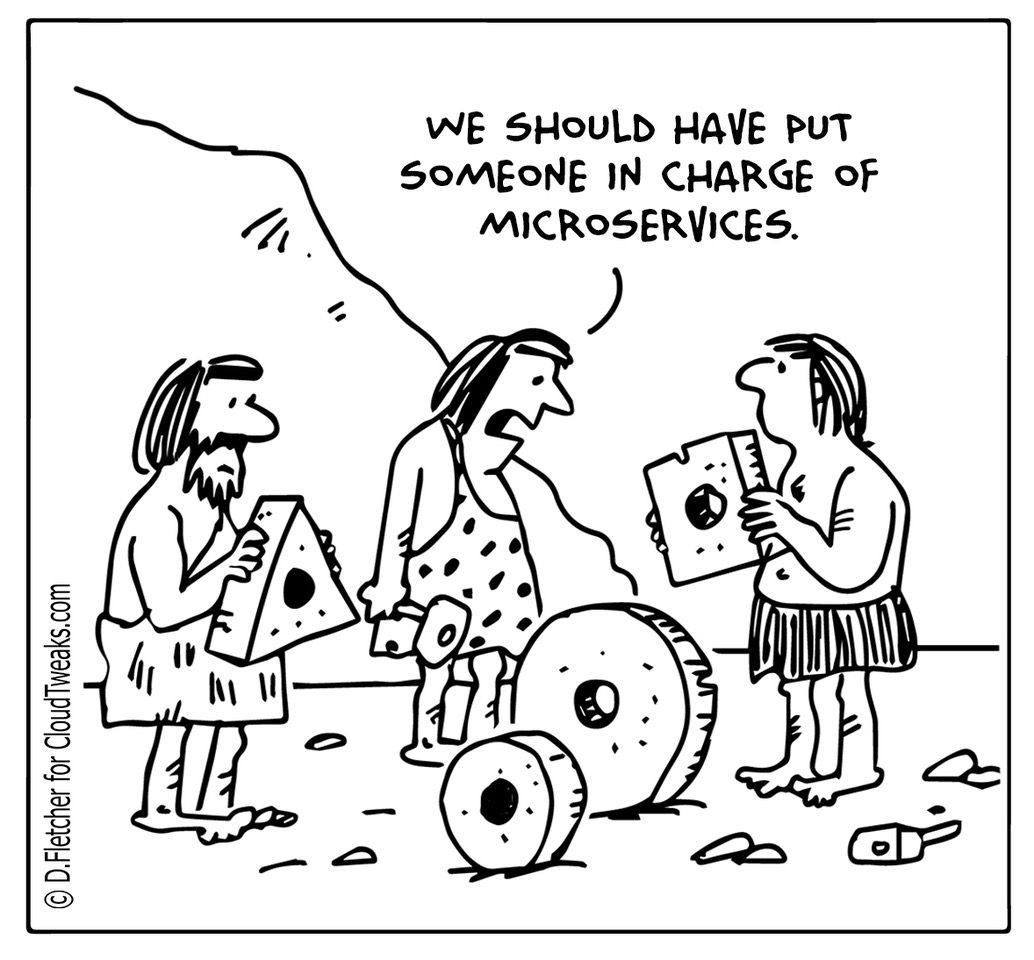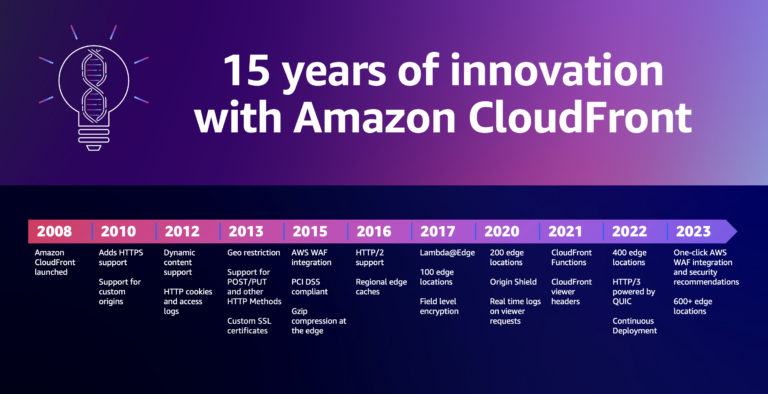In the complex universe of software development, every organization seeks a compass to steer its course toward excellence and efficiency. This compass is found in the ethos of DevOps services company Relevant Software, which masterfully aligns both development and operations teams.
Beyond presenting a mere technical methodology, DevOps introduces a pivotal cultural movement. By merging distinct cultural philosophies, practices, and tools, DevOps accelerates an organization’s capability to release applications and services with precision. Not only does this serve customers more effectively, but it also enables companies to stay ahead in the fierce market competition.
All of this core functionality makes DevOps a set of cultural philosophies, practices, and tools that enhance an organization’s ability to deliver applications and services at high speed. This high speed not only satisfies customer needs more efficiently but also increases competition in the market.
Why Culture Matters in DevOps
Culture, in the context of DevOps, goes beyond just the shared beliefs or values of a team. It’s about cultivating an environment of trust, experimentation, and shared responsibility. When teams operate in silos, the software development lifecycle can face avoidable delays and quality issues. The essence of DevOps culture emphasizes breaking these silos and fostering an environment where teams collaborate seamlessly.
An organization might have the latest tools and technologies, but without the right culture, the true essence of DevOps remains untapped. It’s like having the best ingredients for a gourmet dish, but without the chef’s expertise, the dish loses its charm. Similarly, in DevOps, culture is the chef — the pivotal force driving success.
Collaboration: The Key to Unlocking DevOps Potential
Collaboration in DevOps is essential to streamline software production and ensure continuous delivery. As renowned DevOps thought leader, Gene Kim, once said, “DevOps is not about automation — it’s about culture.” Another expert, Jez Humble, puts it succinctly: “In high-performing organizations, everyone collaborates as part of the value stream.”.
DevOps is synonymous with collaboration. The very name ‘DevOps’ is a fusion of ‘Development’ and ‘Operations’. But what does this collaboration truly entail?
- Shared Goals: Both teams must understand the end goal and work in harmony towards it. This might sound straightforward, yet it’s common to find teams pulling in different directions. In a DevOps environment, everyone is attuned to a single, unified objective, ensuring cohesive action.
- Feedback Loops: Constant communication is indispensable. Rapid feedback loops allow developers to quickly rectify issues while operations gain clearer insights, resulting in a more refined end product.
- Joint Responsibility: Gone are the days when developers washed their hands off a project after the coding phase. In the DevOps culture, accountability extends throughout the lifecycle of the product. Both developers and operations share the triumphs and tackle challenges head-on together.
- Infrastructure as Code (IaC): By treating infrastructure setup as code (using tools like Terraform or Ansible), both developers and operations teams can collaboratively manage and modify the infrastructure.
- Co-located Teams: Placing Dev and Ops team members together in the same physical space or virtual rooms can boost communication and remove silos.
- Shared Dashboards: Tools like Grafana or Datadog provide a unified view of system performance and health, ensuring that all teams have access to the same information.
- Automated Testing: Developers and quality assurance teams collaborate on test creation, ensuring code quality, and faster release cycles.
Breaking Barriers with the Right Mindset

The transition to a DevOps culture isn’t always smooth. Legacy habits, existing hierarchies, or simply resistance to change can hinder progress. Leaders should also actively foster a culture of collaboration, celebrating successes and learning from failures.
Also, keep in mind that DevOps is not just a shiny new trend. This is a long-term change that, when embraced holistically, can propel an organization forward. Tools are undoubtedly important, but they only work at their zenith when there is a strong foundation of culture and collaboration.
Final Thoughts
Within the constantly changing world of software development, those open to change excel. DevOps sheds light on these changing times, calling for change with culture and collaboration as its main challenges. This encourages organizations to shift gears, be harmonious, and create great products.
The implementation of DevOps is not only aimed at increasing efficiency or speeding up work, although these are undeniable benefits. Instead, it’s about people. It’s about rooting out good relationships, filling in all the gaps, and creating an environment where everyone feels empowered to give their best. The journey may be difficult, but the destination is certainly worth the effort.
By Daniel Price



